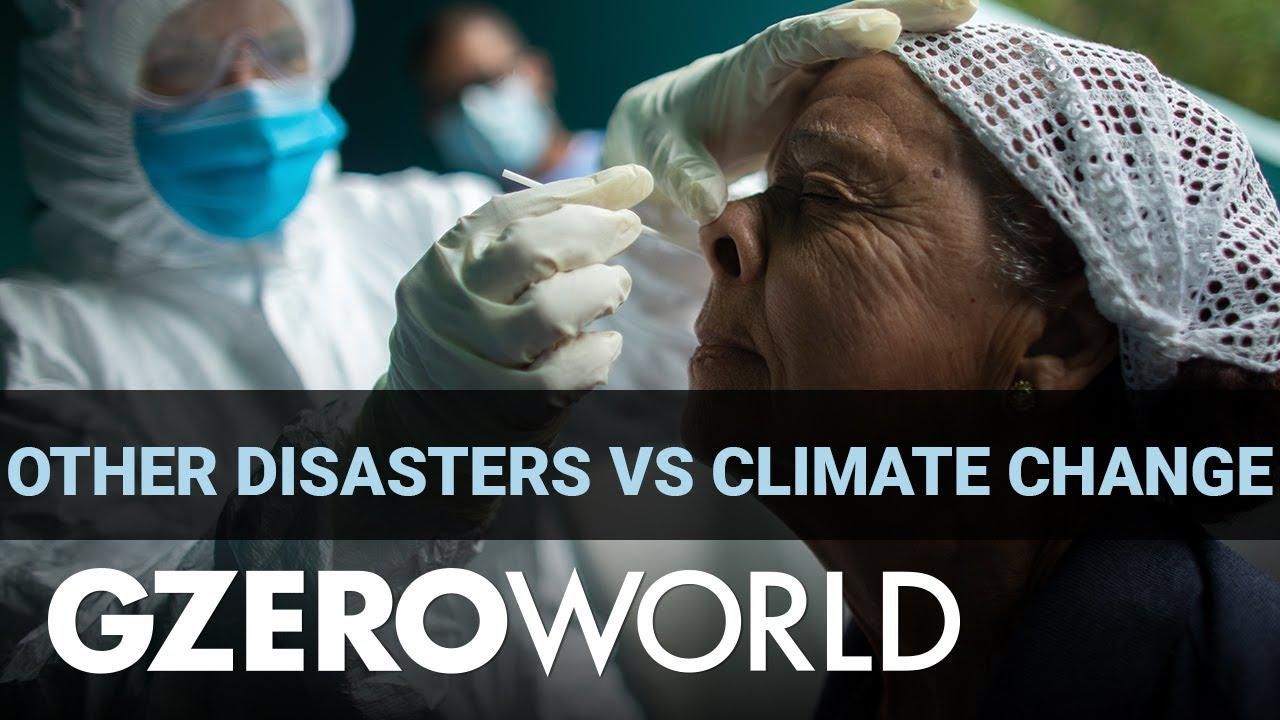GZERO World Clips
Climate change isn’t the most immediate threat to humanity, argues Niall Ferguson

Climate Change Isn’t the Most Immediate Threat to Humanity, Argues Niall Ferguson | GZERO World

Was the world so focused on climate change that warning signs about the COVID-19 pandemic were missed? Historian and author Niall Ferguson argues that, while the climate crisis poses a long-term threat to humanity, other potential catastrophes are much more dangerous in the near future. "We took our eye off that ball," Ferguson says about COVID, "despite numerous warnings, because global climate change has become the issue that Greta Thunberg said, would bring the end of the world. But the point I'm making in DOOM [his new book] is that we can end the world and a lot of other ways, much faster." Ferguson spoke with Ian Bremmer in an interview for GZERO World.
Watch the episode: Predictable disaster and the surprising history of shocks
In this Quick Take, Ian Bremmer addresses the killing of Alex Pretti at a protest in Minneapolis, calling it “a tipping point” in America’s increasingly volatile politics.
Who decides the boundaries for artificial intelligence, and how do governments ensure public trust? Speaking at the 2026 World Economic Forum in Davos, Arancha González Laya, Dean of the Paris School of International Affairs and former Foreign Minister of Spain, emphasized the importance of clear regulations to maintain trust in technology.
Will AI change the balance of power in the world? At the 2026 World Economic Forum in Davos, Ian Bremmer addresses how artificial intelligence could redefine global politics, human behavior, and societal stability.
Ian Bremmer sits down with Finland’s President Alexander Stubb and the IMF’s Kristalina Georgieva on the sidelines of the World Economic Forum to discuss President Trump’s Greenland threats, the state of the global economy, and the future of the transatlantic relationship.